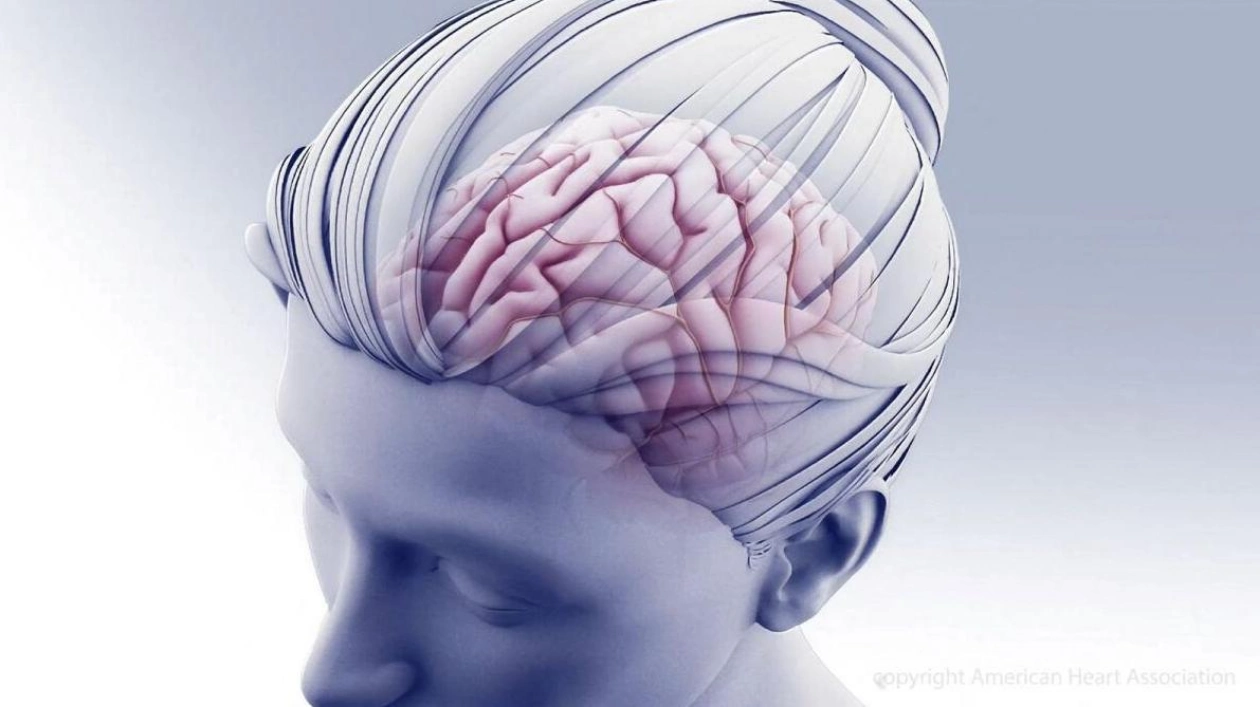Scientists have revealed the first comprehensive blueprint of human skeletal development, marking significant progress toward the goal of creating a biological atlas detailing every cell type in the human body. This ambitious project aims to enhance our understanding of human health and improve the diagnosis and treatment of diseases. The initiative is part of the ongoing Human Cell Atlas project, launched in 2016 and involving researchers from around the globe. The human body is estimated to contain approximately 37 trillion cells, each with a distinct function. The researchers are targeting the completion of a preliminary draft of the atlas within the next one to two years.
Aviv Regev, a founding co-chair of the project and currently serving as executive vice-president and head of research and early development at Genentech, emphasized the dual importance of this work. 'First, it satisfies our basic human curiosity. We've always wanted to know what we're made of,' Regev explained. 'Secondly, this knowledge is crucial for understanding and treating diseases. Cells are the fundamental units of life, and when things go awry, it usually starts with our cells.'
The team mapped skeletal development during the first trimester of pregnancy, detailing all the cells, gene networks, and interactions essential for bone growth in early human development. They demonstrated how cartilage serves as a framework for bone development across the skeleton, except for the top of the skull. Additionally, they identified cells critical for skull formation and explored how genetic mutations might cause premature fusion of soft spots in a newborn's skull, potentially restricting brain growth.
This understanding of cellular mechanisms could pave the way for new diagnostic and therapeutic strategies for congenital conditions. The researchers also discovered that certain genes activated in early bone cells might increase the risk of hip arthritis in adulthood. Furthermore, they presented an atlas of the gastrointestinal tract and the developing thymus, an organ crucial for immune cell training against infections and cancer.
The findings, published in Nature and related journals, have already provided valuable insights into various diseases, including cancer, Covid-19, cystic fibrosis, and conditions affecting the heart, lung, and gut. The research leverages advanced data and analytical tools, including artificial intelligence and machine learning, to create a 'ChatGPT for cells,' aiding in the annotation and identification of new cell types.
Muzlifah Haniffa of the Wellcome Sanger Institute and Newcastle University highlighted the practical applications of this research. 'Understanding human development is key to comprehending developmental disorders and diseases that emerge in adulthood,' she said. 'This knowledge can lead to new diagnostic, clinical management, and therapeutic strategies for various conditions.'
Source link: https://www.khaleejtimes.com






